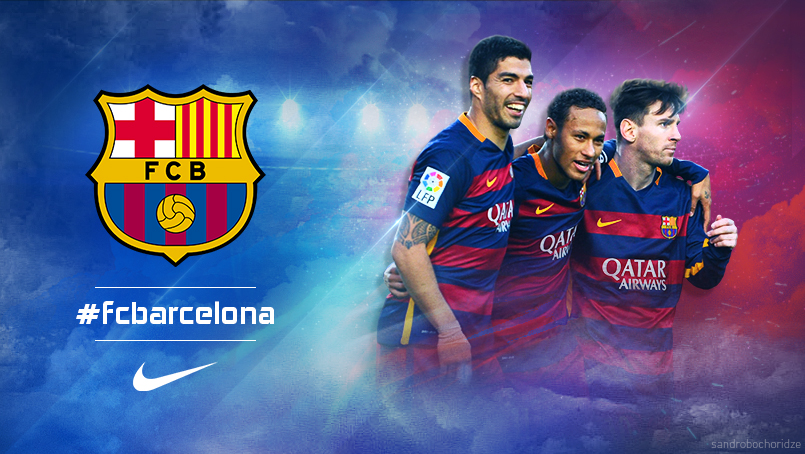
FC Barcelona
FC Barcelona, often simply referred to as Barca, is one of the most iconic and revered football clubs in the world. Founded in 1899, its rich history, coupled with a unique philosophy and style of play, has elevated it to legendary status. With passionate supporters spanning across the globe, the club not only represents an exemplary sporting legacy but also embodies cultural identity and regional pride for Catalonia. In this blog post, we will explore the multifaceted nature of FC Barcelona, delving into its historical journey, iconic players, tactical evolution, and its impact on modern football.
The Historical Journey of FC Barcelona
The history of FC Barcelona is a compelling narrative of struggle, triumph, and transformation. From its humble beginnings to becoming a global brand, the club’s journey is a reflection of broader sociopolitical contexts, especially in Catalonia.
The Birth of a Legend
The inception of FC Barcelona can be traced back to November 29, 1899. A group of Swiss, Catalan, German, and English footballers led by Joan Gamper decided to form a club that would promote football in the region. The choice of the name was significant; “Barcelona” represented their local identity, while “Futbol Club” invited international influence.
As the club began to gain traction, it faced numerous challenges. In the early years, the club struggled to find its footing against other local teams. Despite these hurdles, the perseverance and passion of its players laid the groundwork for what would become a formidable team. This foundation also marked the beginning of a strong connection between the club and the city of Barcelona itself, which would grow deeper over the decades.
The Rise to Prominence
With the turn of the 20th century, FC Barcelona started to make significant strides in competitive football. The club won its first trophy in 1902, lifting the Copa Macaya. This victory sparked a series of successes that established Barcelona as a major player in Spanish football.
The arrival of key figures such as manager Jack Greenwell in the 1910s played a crucial role in professionalizing the club. Under his leadership, FC Barcelona clinched several important titles, including its first Copa del Rey in 1910. These victories helped cement the club’s reputation and attracted more fans, laying the groundwork for its future glory.
The Political Landscape
The political context in which FC Barcelona operated cannot be overlooked. The rise of Francoist Spain in the 1930s posed significant challenges. The regime viewed the club as a symbol of Catalan identity, and thus sought to suppress its influence. However, instead of weakening the bond between the club and its supporters, these adversities strengthened the resolve of its fanbase.
The club, during this time, became a bastion of resistance, standing as a symbol of Catalonian culture and identity. This relationship between FC Barcelona and its supporters added layers of emotional significance to their matches, transforming every game into a cultural event. The motto “Més que un club” (More than a club) took on new meaning, representing not just a football team but a movement for identity and autonomy.
